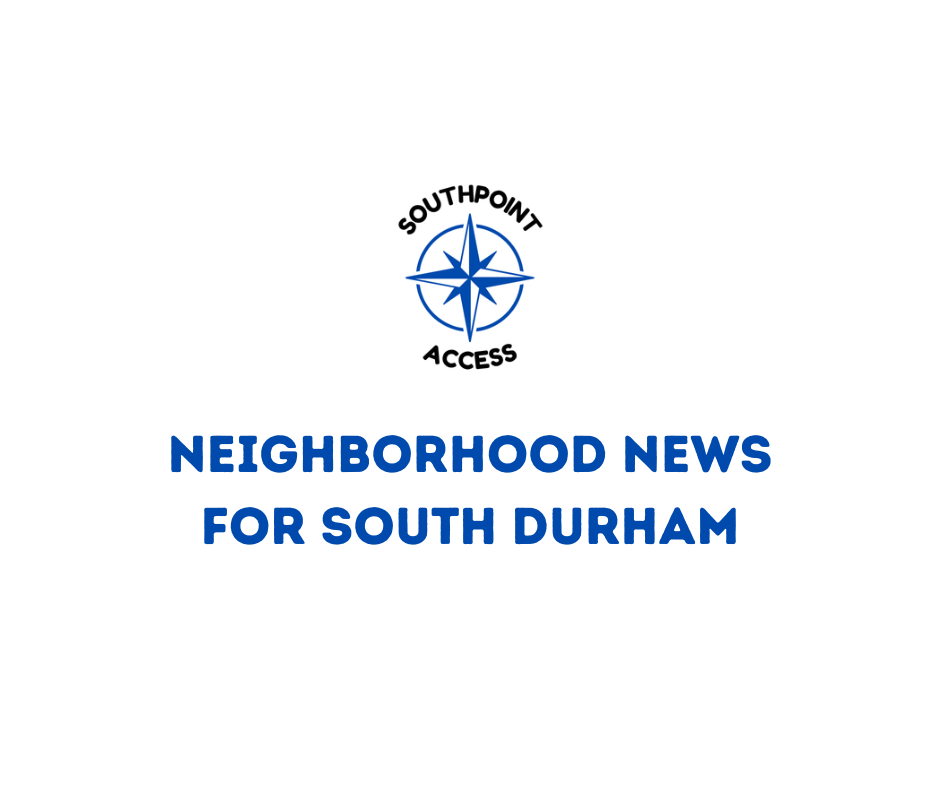Some DPS Board Members Have Misgivings About Responsibility Zones
The worries and second guessing are coming late in the process, though. The board gave the go-ahead for this plan in December.

Maybe Durham Public Schools is moving too quickly on family responsibility zones. Maybe transportation staff need more time to get them right. Or maybe district leaders need to move forward and get past rotational bus coverage as soon as possible.
The new zones around 21 elementary schools throughout Durham determine which students get bus service and which families must provide their own means to reach school, whether that’s walking, riding a bicycle, or traveling by car. They’re supposed to take effect on Jan. 21, after the Martin Luther King Jr. holiday. Rotational bus coverage, which has called for families to do without school bus service at least one set day per week, is due to end after Jan. 17.
Board of Education member Joy Harrell Goff, during Thursday’s work session, argued for waiting.
“I don’t want to cause any more harm,” she said. “We’re trading one set of eggs that are rotting for another set of eggs that are rotting.”
Although she favors family responsibility zones and school bus express stops in principle, she said she worried that the district isn’t giving transportation planners enough time to work efficiently and equitably.
“To roll it out now, we risk trading some harms for others,” Harrell Goff said.

Board member Wendell Tabb raised concerns about walking routes in some of the responsibility zones, especially those with abandoned buildings and occasional criminal activity.
“Some areas we’re talking about, we don’t even want to drive there ourselves,” he said. “How can we ask kids to do that? I cannot support something that puts our scholars at risk until we do the appropriate research on each of the areas we are talking about.”
Dr. Larry Webb, DPS chief operating officer, countered that transportation staff have reviewed the routes, heard concerns from principals, and made changes where necessary.
“Do we have an exhaustive view? No, sir,” Webb said. “But the transportation team has done due diligence.”
The worries and second guessing are coming late in the process, though. The board gave the go-ahead for this plan in December. Transportation staff ruled out express bus stops until at least the 2025/2026 school year, but the family responsibility or “no bus” zones are green-light go.
And it should stay that way, according to Millicent Rogers, the board’s chair.
“We’re trying to build together, build trust, build a successful governance team," Rogers said. "I question how we do that when we make a decision, we expect administration to do the work, they’ve done that work, we’ve told the community we’re moving into this. We can’t continue to undermine the choices we’ve made. How do we get the wheels back on the bus here and move forward if we don’t try something?”
Board member Bettina Umstead noted that the board first discussed this on the record on Nov. 7: “There’s been a lot of time studying this and working on this. Shifting gears wouldn’t do justice to what we’re trying to do here.”
Transportation officials are “building the plane while you fly it,” said board member Natalie Beyer. Although it’s not ideal in the middle of the school year, she said, “the process that still is being developed is better than it started.” She seemed assured that if family responsibility zones need modifications, the system could change.
“If things are not working, you’ll be the first to come back to the board,” Beyer said.
On Thursday, the DPS transportation website was updated with information about the responsibility zones – including maps that illustrate the boundaries around affected schools.
Students who receive school bus transportation as part of their individualized education plan (IEP) and McKinney-Vento students will keep getting bus service regardless of their proximity to school.
Here are some examples of responsibility zones at schools in the Southpoint Access area:









Spread the word by sharing this Southpoint Access newsletter with friends and neighbors. Got a tip for your neighborhood news guy? Send email to southpointaccessnews@gmail.com.

![[Nerdspresso] A Nerdy News Round-Up - Jan. 23, 2026](/content/images/size/w600/2026/01/sinnersjordan.png)


